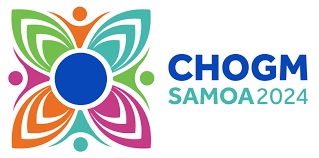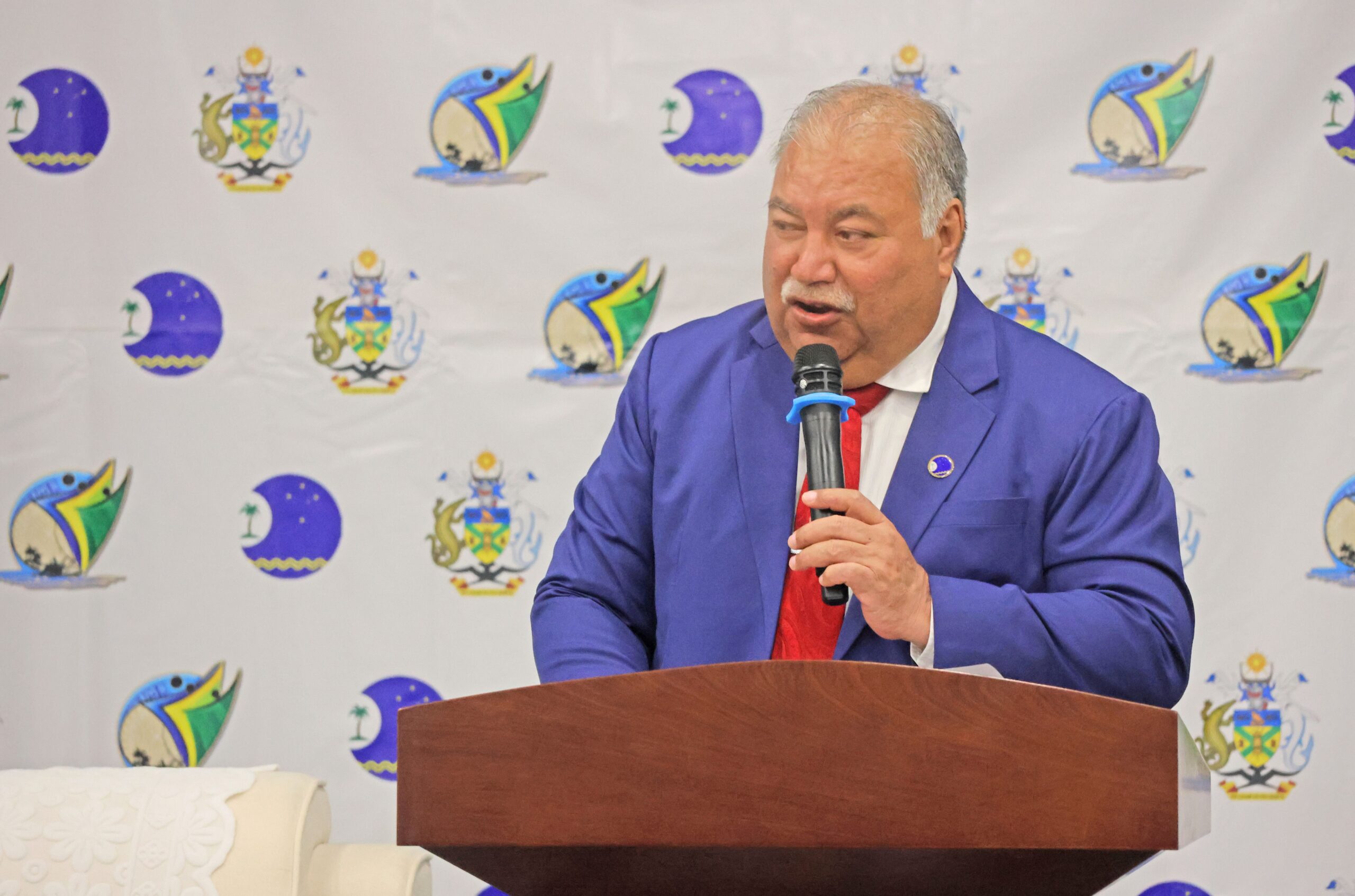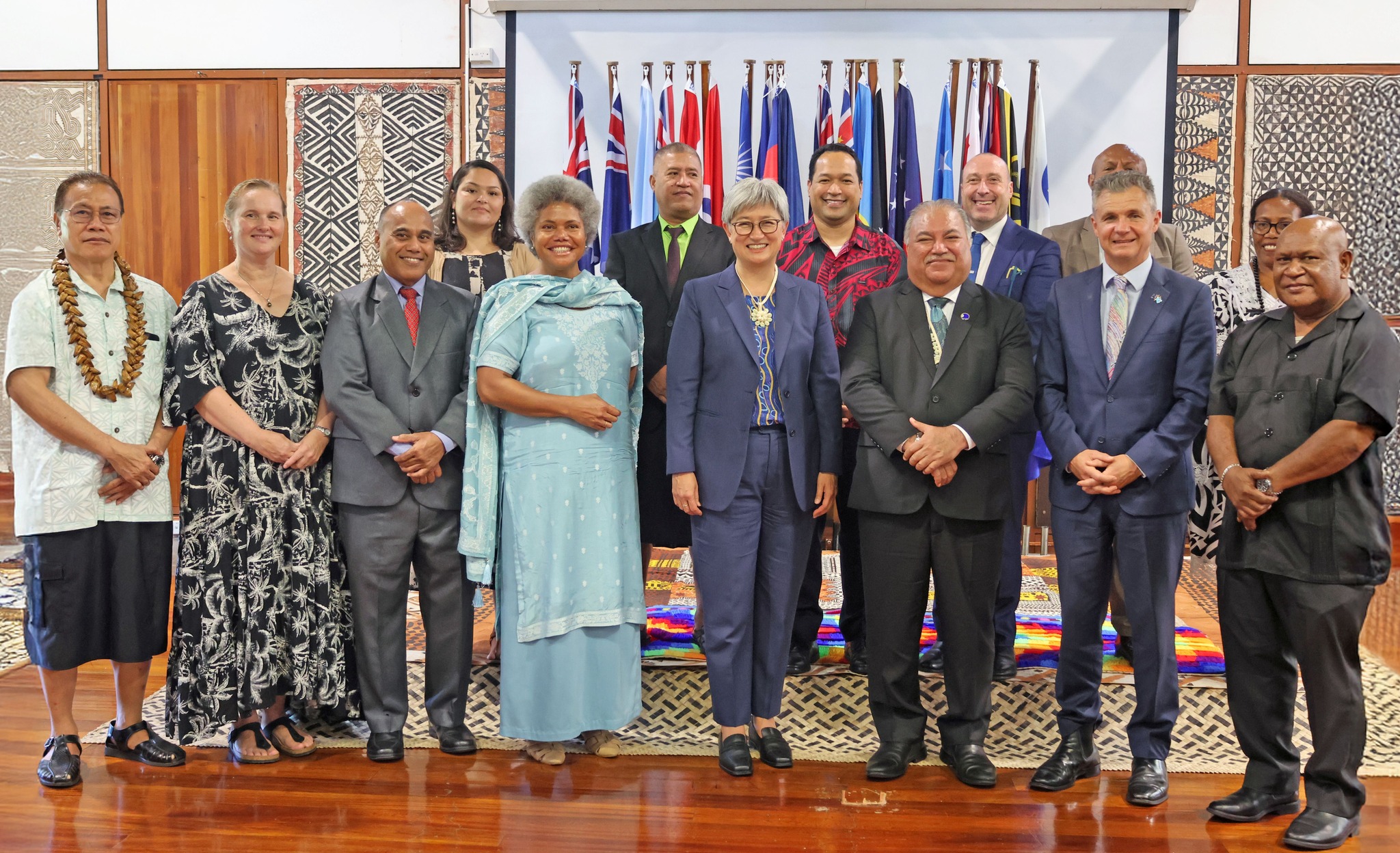Pacific media watchdogs have expressed concerns that strict limitations at the upcoming Commonwealth Heads of Government Meeting (CHOGM) in Samoa indicate the government’s desire to control the narrative and minimize negative coverage.
The Pacific Islands News Association (PINA) and the Pacific Freedom Forum have jointly appealed to Samoa’s Prime Minister, Fiame Naomi Mata’afa, to remove the restrictions imposed on journalists.
PINA’s newly elected president, Kalafi Moala, voiced his worries regarding the censorship faced by both local and visiting media organizations, many of which are state-owned. He noted that certain meetings at the summit, set to take place in less than two weeks, have restricted access for both local and international journalists.
As for CHOGM, Commonwealth nations are anticipated to endorse their first-ever Commonwealth Ocean Declaration. Kevin Chand, Senior Director of the Pristine Seas Pacific Ocean Policy, mentioned that while the declaration won’t have legal force, it will facilitate cooperation among states on ocean conservation and the execution of treaties.
Additionally, the agenda for CHOGM includes a panel discussion where Pacific nations can highlight their initiatives for ocean protection, featuring Samoa’s Prime Minister among the speakers.
Concerns regarding media freedom in Pacific Island countries have been increasingly prominent in recent years, as various governments impose restrictions that threaten journalistic independence. Many nations in the region face challenges such as censorship, intimidation, and legal repercussions for journalists who report on sensitive topics like corruption, governance, and human rights. The small size of these nations often results in a limited number of media outlets, which can lead to monopolies and reduced diversity in perspectives. Additionally, the economic pressures faced by local media organizations can stifle investigative journalism, leaving citizens with inadequate access to vital information. As a result, the overall health of democracy and civic engagement in these countries is jeopardized, highlighting the urgent need for stronger protections for press freedom.













